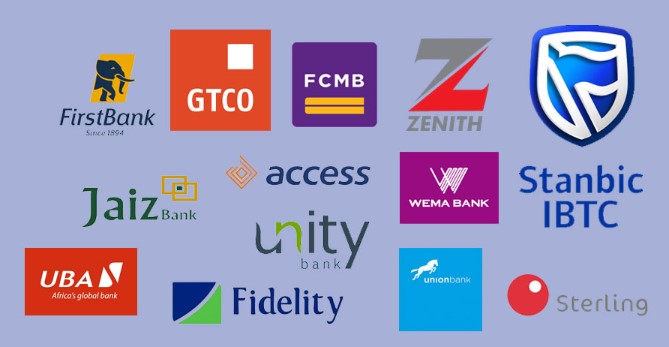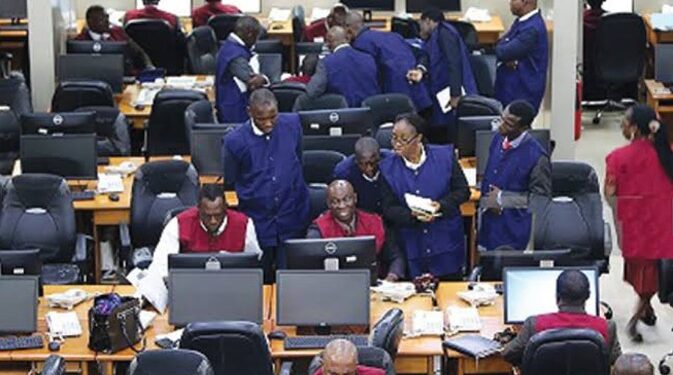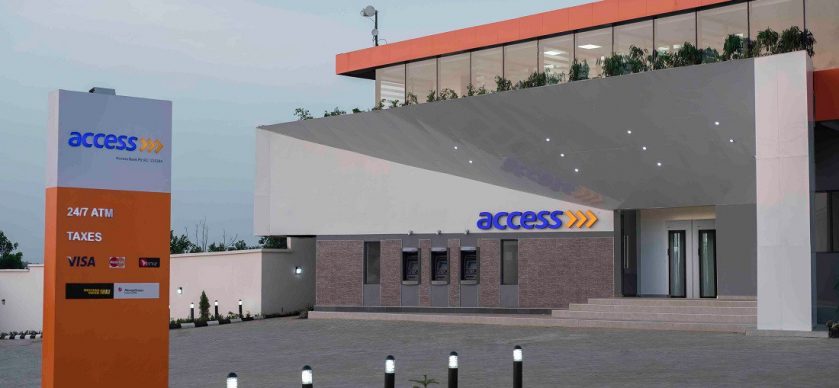The Banking Hall
Bank Recapitalisation Expected to Power Key Growth Sectors – Report

The marine and blue economy, creative industries, hospitality, and real estate sectors are among those expected to benefit most from the ongoing banking sector recapitalisation, according to a new industry report.
This was revealed in the fourth edition of the Tier 1 Banks Report by Proshare, titled “Getting Bigger, Braver and Dominant – The Class of 2025”, released on Wednesday.
Nigerian commercial banks are actively raising funds to meet the Central Bank of Nigeria’s new capital thresholds ahead of the 2026 deadline. The report noted that to effectively support Nigeria’s vision of a $1 trillion economy, banks must become more imaginative, agile, and sector-focused.
“Sub-economies that may benefit from recapitalisation include, but are not limited to, the Marine and Blue Economy, the Entertainment and Arts Economy, the Hospitality and Real Estate Economy, and the Mineral Mining and Energy Economies,” the report stated.
The publication also introduced the Proshare Bank Strength Index (PBSI), a metric-based ranking system aggregating factors such as capital adequacy, asset quality, digital readiness, profitability, and governance.
Top performers on the PBSI include Ecobank Transnational Incorporated, Access Corporation, FirstHoldCo, Zenith Bank, United Bank for Africa, and Guaranty Trust Holding Company.
Ecobank topped the list due to significant improvements in francophone and select anglophone markets, with 67.11% asset growth playing a pivotal role.
The report emphasized that in the evolving banking landscape, collaboration with fintech firms, customer behavior analytics, and the use of AI will define industry leaders.
“Artificial intelligence will transform the banking experience—loan approvals will be digitized and based on cash flow patterns and transaction history. This could reduce human bias and improve credit quality,” the report noted.
Founder and Chairman of Proshare Nigeria, Olufemi Awoyemi, said, “For Nigeria to achieve 7-8% growth and expand bank balance sheets, we need a market-creating burst similar to the GSM revolution of the early 2000s.”
He revealed that Nigerian banks have raised over N13 trillion in new share capital by mid-2025, significantly boosting capital adequacy, risk buffers, and overall financial stability.
“With larger capital bases, these banks are better positioned to withstand economic shocks, fund large-scale projects, and compete across the continent,” Awoyemi concluded.



